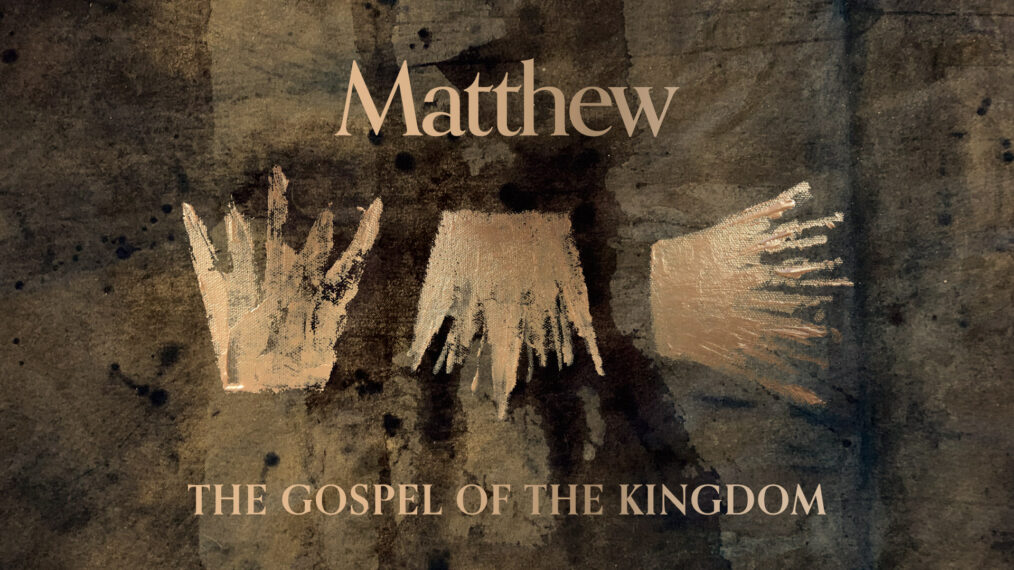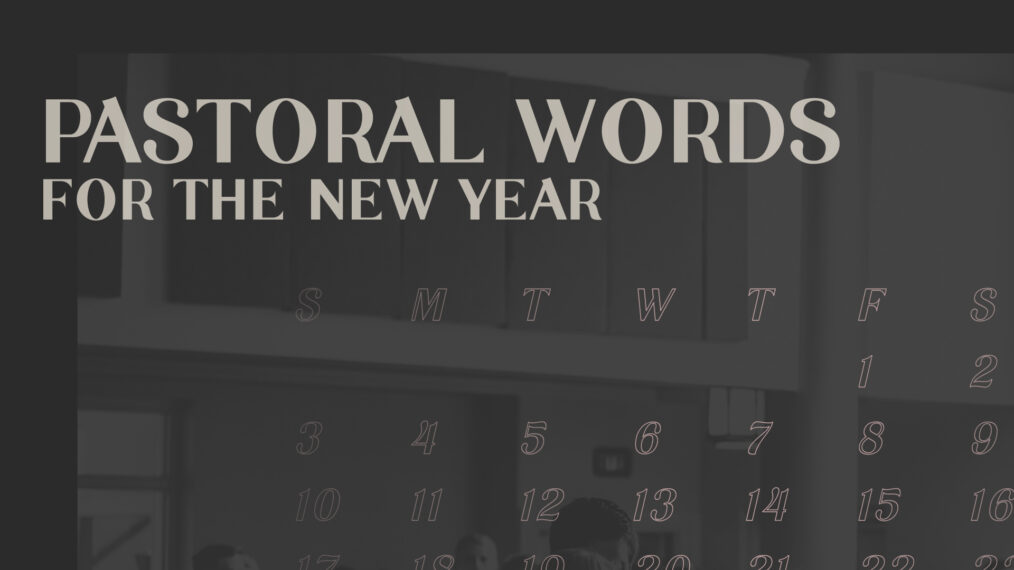Podcast: Play in new window | Download
Before we start Matthew Part 3 (where we’ll be all Spring), we’re spending three weeks zooming out to get the big picture again. This is week one of “Matthew: The Gospel of the Kingdom.” During this message, we’ll also here an announcement about Park Church Downtown.


